 We are very pleased to announce that we got 3 papers accepted at ICSC 2018 for presentation at the main conference, which will be held on Jan 31 – Feb 2 ,2018, California, United States.
We are very pleased to announce that we got 3 papers accepted at ICSC 2018 for presentation at the main conference, which will be held on Jan 31 – Feb 2 ,2018, California, United States.
The 12th IEEE International Conference on Semantic Computing (ICSC2018) Semantic Computing (SC) addresses the derivation, description, integration, and use of semantics (“meaning”, “context”, “intention”) for all types of resource including data, document, tool, device, process and people. The scope of SC includes, but is not limited to, analytics, semantics description languages and integration (of data and services), interfaces, and applications including biomed, IoT, cloud computing, software-defined networks, wearable computing, context awareness, mobile computing, search engines, question answering, big data, multimedia, and services.
Here is the list of the accepted paper with their abstract:
“SAANSET: Semi-Automated Acquisition of Scholarly Metaadata using OpenResearch.org Platform” by Rebaz Omar, Sahar Vahdati, Christoph Lange, Maria-Esther Vidal and Andreas Behrend
Abstract: Researchers spend a lot of time in finding information about people, events, journals, and research areas related to topics of their interest. Digital libraries and digital scholarly repositories usually offer services to assist researchers in this task. However, every research community has its own way of distributing scholarly metadata.
Mailing lists provide an instantaneous channel and are often used for discussing topics of interest to a community of researchers, or to announce important information — albeit in an unstructured way. To bring structure specifically into the announcements of events and thus to enable researchers to, e.g., filter them by relevance, we present a semi-automatic crowd-sourcing workflow that captures metadata of events from call-for-papers emails into the OpenResearch.org semantic wiki. Evaluations confirm that our approach reduces a high number of actions that researchers should do manually to trace the call for papers received via mailing lists.
“Semantic Enrichment of IoT Stream Data On-Demand” by Farah Karim, Ola Al Naameh, Ioanna Lytra, Christian Mader, Maria-Esther Vidal, and Sören Auer
Abstract: Connecting the physical world to the Internet of Things (IoT) allows for the development of a wide variety of applications. Things can be searched, managed, analyzed, and even included in collaborative games.
Industries, health care, and cities are exploiting IoT data-driven frameworks to make these organizations more efficient, thus, improving the lives of citizens. For making IoT a reality, data produced by sensors, smart phones, watches, and other wearables need to be integrated; moreover, the meaning of IoT data should be explicitly represented. However, the Big Data nature of IoT data imposes challenges that need to be addressed in order to provide scalable and efficient IoT data-driven infrastructures. We tackle these issues and focus on the problems of describing the meaning of IoT streaming data using ontologies and integrating this data in a knowledge graph.
We devise DESERT, a SPARQL query engine able to on-Demand factorizE and Semantically Enrich stReam daTa in a knowledge graph.
Resulting knowledge graphs model the semantics or meaning of merged data in terms of entities that satisfy the SPARQL queries and relationships among those entities; thus, only data required for query answering is included in the knowledge graph.
We empirically evaluate the results of DESERT on SRBench, a benchmark of Streaming RDF data.
The experimental results suggest that DESERT allows for speeding up query execution while the size of the knowledge graphs remains relatively low.
“Shipping Knowledge Graph Management Capabilities to Data Providers and Consumers” by Omar Al-Safi, Christian Mader, Ioanna Lytra, Mikhail Galkin, Kemele Endris, Maria-Esther Vidal, and Sören Auer
Abstract: The amount of Linked Data both open, made available on the Web, and private, exchanged across companies and organizations, have been increasing in recent years. This data can be distributed in form of Knowledge Graphs (KGs), but maintaining these KGs is mainly the responsibility of data owners or providers. Moreover, building applications on top of KGs in order to provide, for instance, analytics, data access control, and privacy is left to the end user or data consumers. However, many resources in terms of development costs and equipment are required by both data providers and consumers, thus impeding the development of real-world applications over KGs. We propose to encapsulate KGs as well as data processing functionalities in a client-side system called Knowledge Graph Container, intended to be used by data providers or data consumers. Knowledge Graph Containers can be tailored to the target environments, ranging from Big Data to light-weight platforms. We empirically evaluate the performance and scalability of Knowledge Graph Containers with respect to state-of-the-art Linked Data management approaches. Observed results suggest that Knowledge Graph Containers increase the availability of Linked Data, as well as efficiency and scalability of various Knowledge Graph management tasks.
Acknowledgments
These work were supported by the European Union’s H2020 research and innovation program BigDataEurope (GA no. 644564), WDAqua : Marie Skłodowska-Curie Innovative Training Network (GA no. 642795), InDaSpace : a German Ministry for Finances and Energy research grand, DAAD Scholarship, the European Commission with a grant for the H2020 project OpenAIRE2020 (GA no. 643410) , OpenBudgets.eu (GA no. 645833) and by the European Union’s Horizon 2020 IoT European Platform Initiative (IoT-EPI) BioTope (GA No 688203).
Looking forward to seeing you at ICSC 2018.
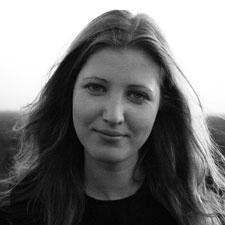 On Wednesday, 31st of January Svitlana Vakulenko from the Institute for Information Business visited SDA and gave a talk entitled “Semantic Coherence for Conversational Browsing of a Knowledge Graph”
On Wednesday, 31st of January Svitlana Vakulenko from the Institute for Information Business visited SDA and gave a talk entitled “Semantic Coherence for Conversational Browsing of a Knowledge Graph”
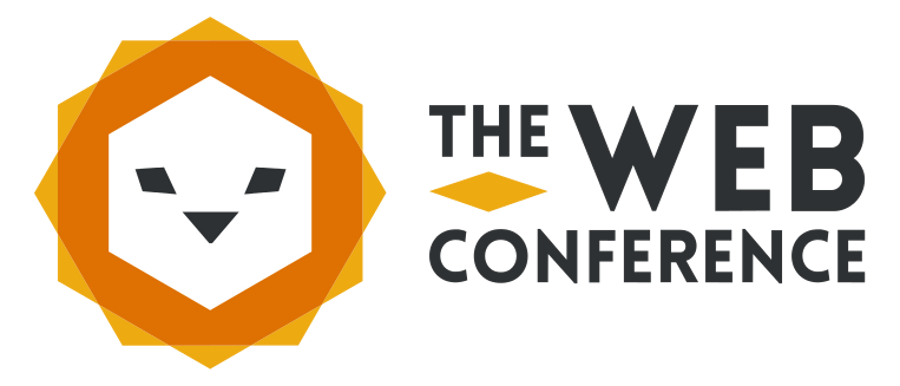
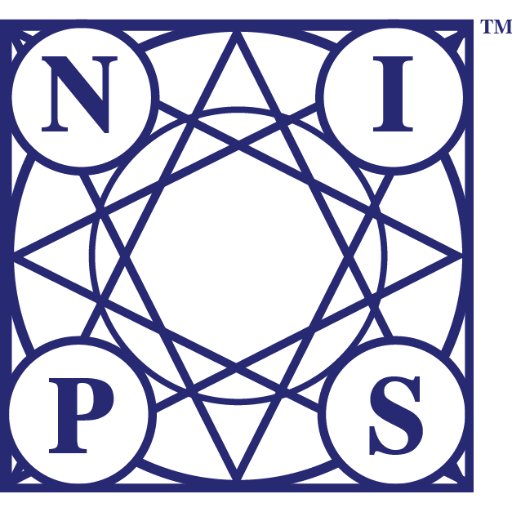 We are very pleased to announce that our group got a paper accepted for presentation at the workshop on Optimal Transport and Machine Learning (
We are very pleased to announce that our group got a paper accepted for presentation at the workshop on Optimal Transport and Machine Learning (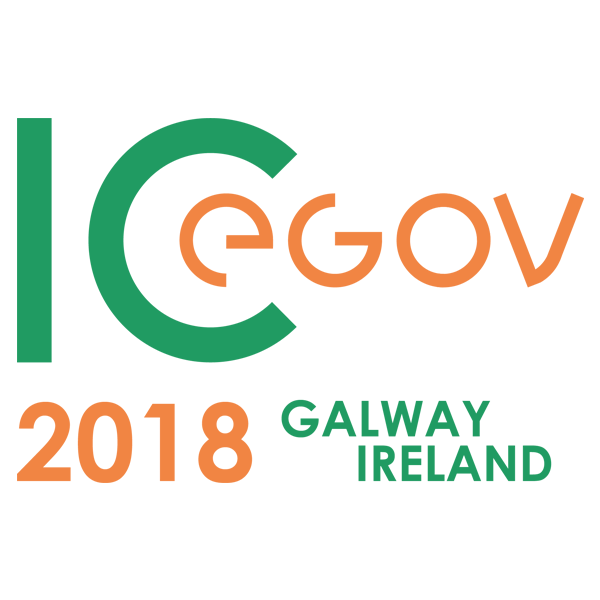


 We are very pleased to announce that our group got a paper accepted for presentation at
We are very pleased to announce that our group got a paper accepted for presentation at 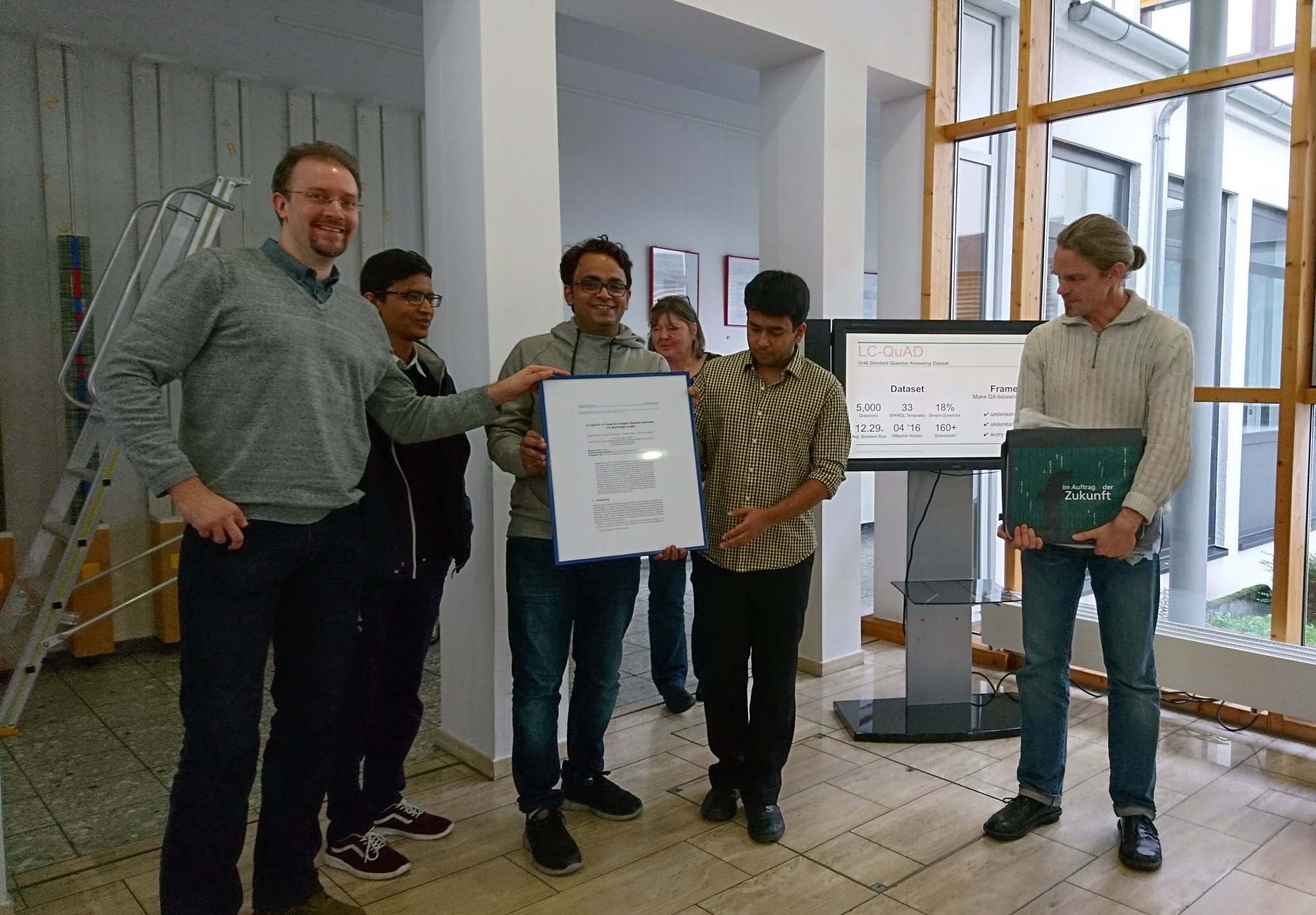 We are very pleased to announce that our paper “
We are very pleased to announce that our paper “